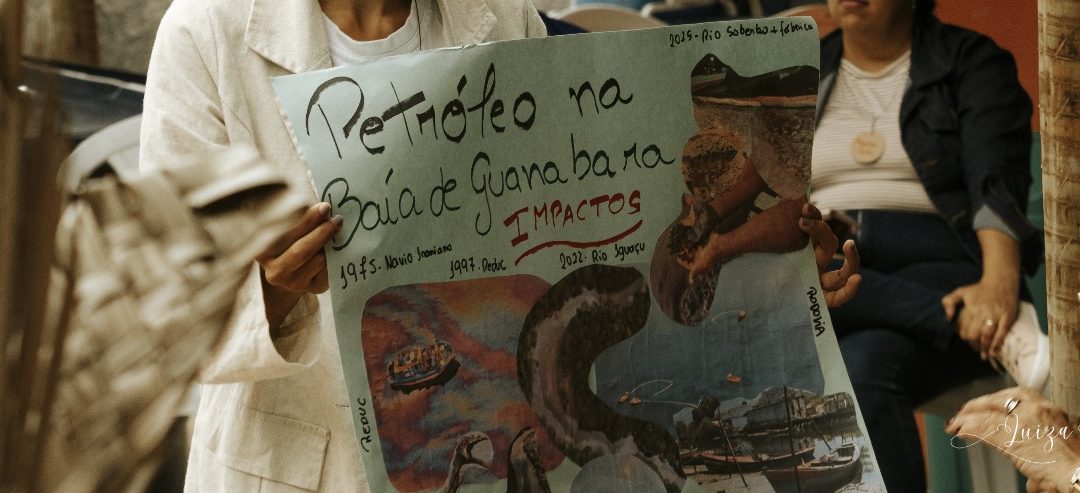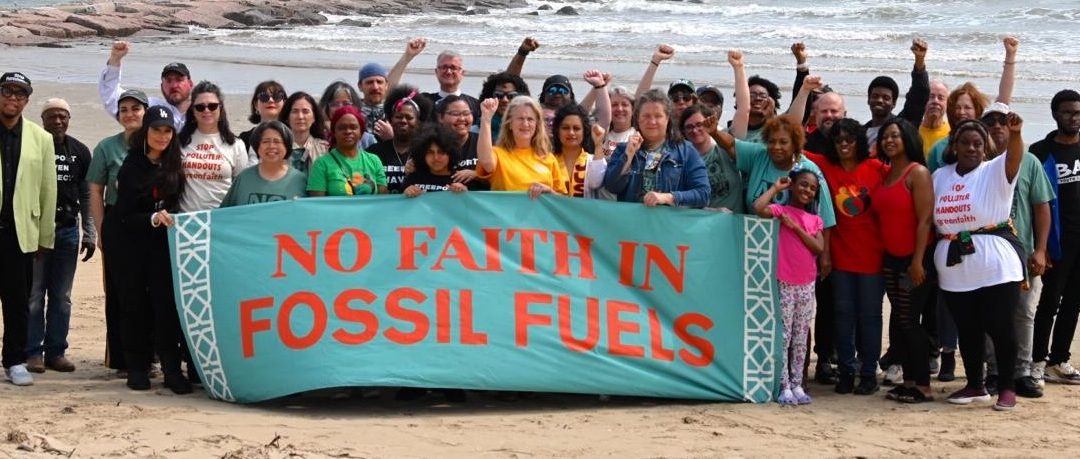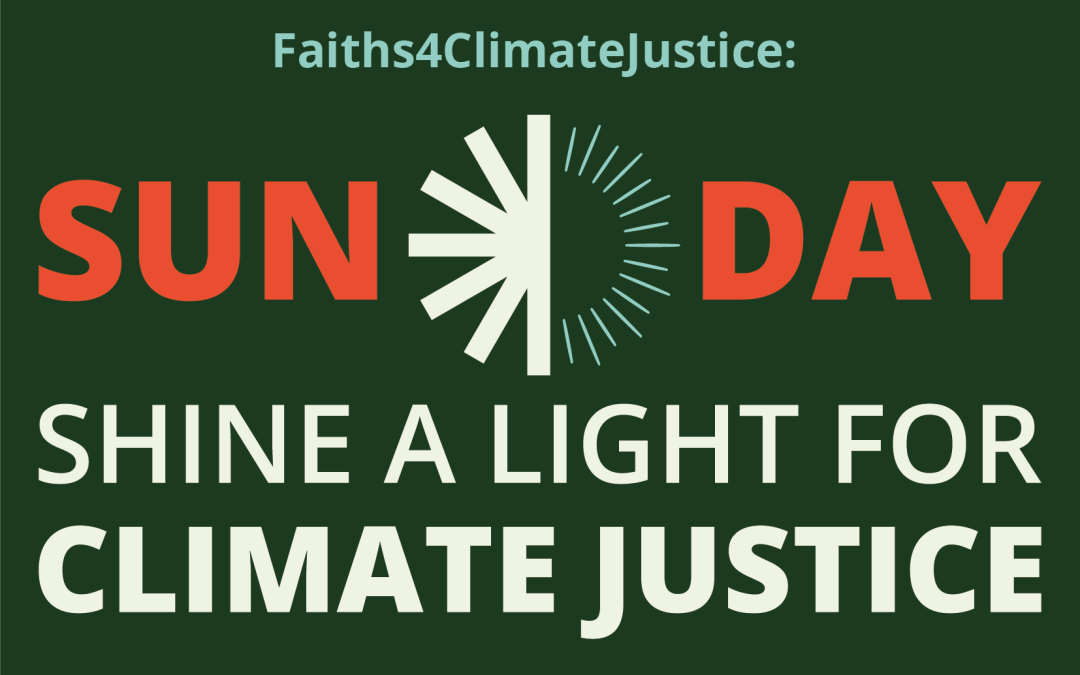Rev. Fletcher Harper
February 2020
Hi! We are well into 2020. And I am wondering: How is your New Year’s resolution going?
My plan for the New Year was to tread more lightly on the planet with some personal changes. Specifically, I wanted my family to eat mostly plant-based food, moving away from carbon-intensive meat.
I have long felt that I can do more to lower my family’s carbon footprint, and have felt guilty that I haven’t done more. The New Year felt just as good a time as any to increase my efforts.
But as I started reading about the climate impacts of meat, I started wondering: Are changing personal habits enough to make a difference? Why are we, as individuals, asked to change our lifestyles when the climate crisis is arguably not due to personal deficiency? Our power as consumers is strong but asking individuals to bear the burden of global warming can shift responsibility and accountability away from those causing the vast majority of climate change.
Consider this: A recent report found that just 100 companies are responsible for a whooping 71% of global emissions since 1988. Incredibly, only 25 corporations and state-owned entities were responsible for more than half of global industrial emissions in that same period. Most of these are coal and oil producing companies and include ExxonMobil, Shell, BP, Chevron, Gazprom, and the Saudi Arabian Oil Company.
And so I wondered: What can I do, as an individual, that actually matters, and what do we need to do together to slow the increasingly destructive effects of climate change?
We here at GreenFaith have been thinking long and hard about how we most strategically push the levers of power to have the most impact – individually and collectively.
Here is where we come down on this: it’s not either / or; it’s yes, and.
Of course, we need to consume less and choose more low-carbon alternatives. But individual choices will most count when we also come together in bold collective movements to hold accountable those who cause the greatest damage.
Here is how we are thinking about this:
YES, low-carbon individual choices are important. Here are three reasons:
1. Our consumer choices – think of us as the demand side – can add up. For example, the last IPPC report on climate change from the UN notes that agriculture accounts for 23% of global greenhouse gas emissions. Cattle and rice fields alone are responsible for roughly half of all methane emissions. The same report is blunt about the need for a decrease in meat consumption and an embrace of more plant-based diets. Those diets are less resource-intensive and associated with fewer greenhouse gas emissions. So, yes: Going all in on the vegetables is important!
2. As important as the carbon impact of our individual choices, though, is the fact that every act like foregoing meat is changing norms with a wider knock-on effect that influences others, and shifts what is viewed as ‘normal.’ To give you an example: In a survey that a researcher conducted in 2018, an impressive half of the respondents who knew someone who has given up flying because of climate change said they, in turn, fly less. Around three quarters said it had changed their attitudes towards flying and climate change in some way. And these effects increased if a famous person had given up flying.
3. Taking a bold position (like becoming a vegan or giving up flying) really distills the link between values and actions. And, as you well know as a person of faith: It’s important to live a life where values and actions align. That also makes us much more credible messengers when we speak about the importance of action on climate change.
So – talk about what you are changing in your life in response to climate change. It may have a powerful ripple effect. (That’s especially true if you happen to be famous!) And it feels good and honorable to live a life where your actions follow your values.
For me this confirmed that being a responsible low-carbon consumer is not only doable, but rewarding on many levels.
But I also know that only big and bold collective movements have the power to alter the trajectory of the climate crisis.
AND: Here is the good news! Our human need to come together is strong, and our collective imagination is vast.
We at GreenFaith are hard at work to launch a bold and moral global movement of people of faith and spirit – coming together at every kitchen table, in every house of worship, by the millions – to together build our power and a good life connected.
So, by all means, eat more kale, fly less, and bike more. That treads more lightly on the planet and will make you happier and healthier, for sure. And join us as we come together this Spring to build a beautiful, strong, and effective movement of people of faith and spirit.
In solidarity,
Rev Fletcher Harper




